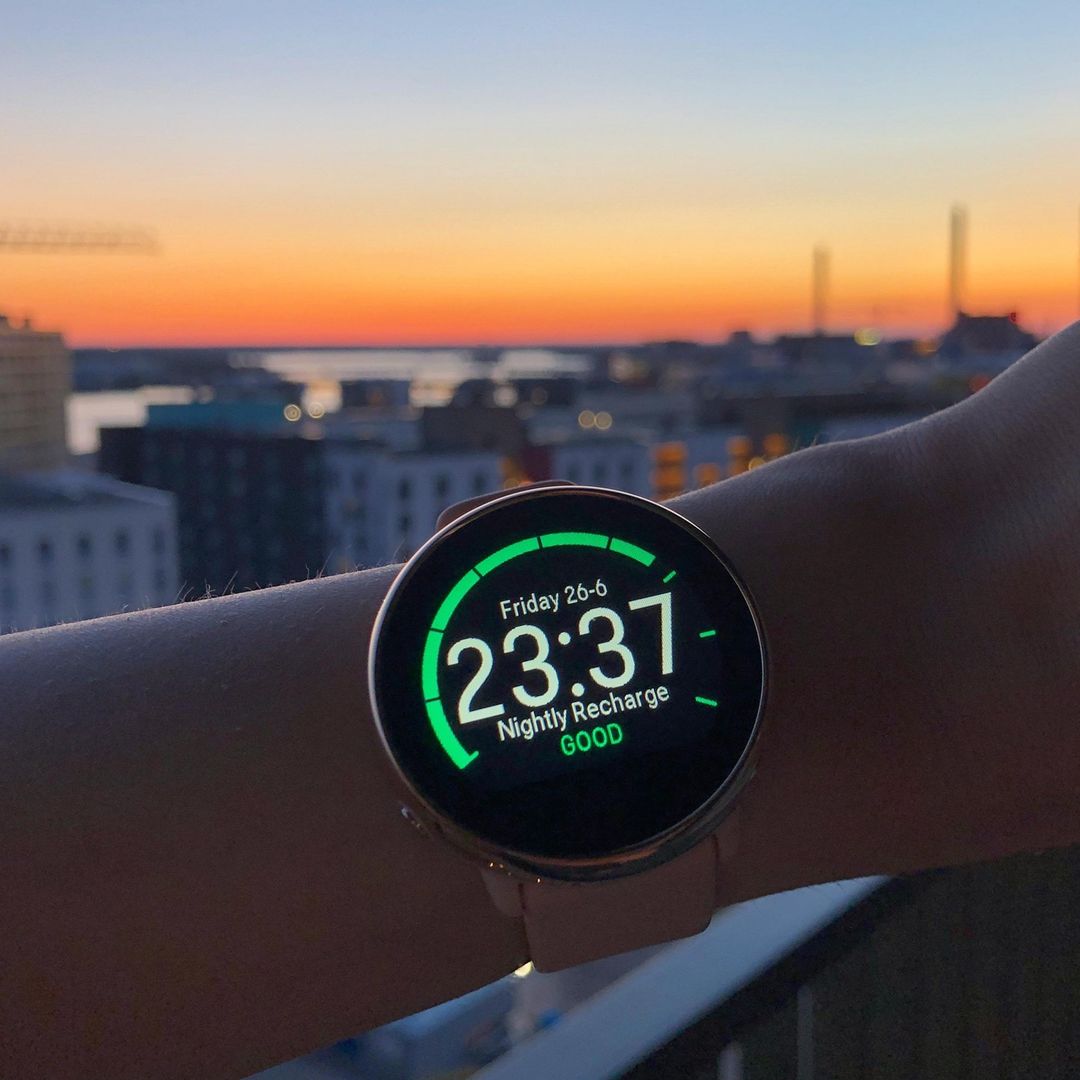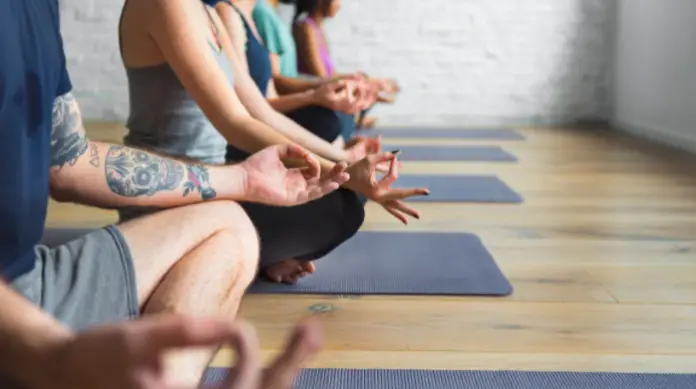Think your fitness is measured by the number of your abs or the intensity of your workouts? Not quite !
To assess your form, it is rather on the side of the heart rate that you have to look.
Fitness, we’ve been around it, right? Just look at the new training programs that come out every week, the countless publications of specialized articles on our social networks or the multiplication of the number of private coaches. And yet, there is still much to learn!
Of course, we know some of the indicators that allow us to measure our performance: amount of weight lifted, sets and repetitions, distances covered, percentages of body fat, pounds gained or lost, personal bests and consumption of food or supplements…
But what about heart rate in sport? This is THE important measurement, the one that reveals the activity of our heart during exercise, but also outside of training.
If you want to deepen your practice, it is interesting to know your heart rate at different times of the day (or night!). The numbers you get will let you know if your heart is doing the right thing, when it needs to. It is therefore advisable to measure the heart rate:
- Before, during and after exercise
- When you’re not training
- when you sleep
Your heart has a lot to tell! You just have to learn to listen, understand, and react accordingly.
Kind of like a couple, right? And we would not be wrong to think so: heart rate and sport, here is a relationship that works!
Let’s take a closer look at the most telling variables that will let you know if you and your heart are really on the same page.
YOUR HEART RATE BEFORE, DURING AND AFTER EXERCISE
Sure, your heart rate varies during training, but how much? Are these deviations normal?
By measuring your heart rate before, during, and after exercise, you’ll get accurate numbers you can use to compare one workout to another.
In this, cardio watches are very practical, because they record your heart rate continuously, regardless of the training session: bodybuilding, aerobics…
Here’s how I track my heart rate (and other variables) during my workouts:
BEFORE EXERCISE
Before I start my workout, I take a minute or two to sit down, breathe deeply, relax, and clear my mind. Then I activate the heart rate monitor on my watch, and off we go.
This step allows me to calculate an essential variable, my resting heart rate. I am in a totally relaxed state, before undertaking any warm-up or exercise.
But once launched into my workout, my heartbeat takes on a whole new meaning.
DURING EXERCISE
And this is where it gets interesting! Personally, I record my heart rate during each resistance session, and then report the results in a dedicated training diary
In bodybuilding, few people measure their heart rate, while the results can be very surprising! I myself discovered that I was in the aerobic zone during quite a few of my weight training sessions, and almost throughout.
For my strength and cardio workouts, I measure multiple metrics, like workout duration, average heart rate, max heart rate, total time in the fat-burning zone, calories burned, and time total spent aerobically. Nothing could be simpler, I just have to press a button, and the heart rate monitor takes care of the rest. And I just have to give my all during my training!
It’s essential to know what’s happening to your heart before and during exercise, but you shouldn’t stop there…
AFTER EXERCISE
Undoubtedly one of the most important measures! This variable lets you know how your heart reacts to training.
As a general rule, a healthy heart will immediately begin to drop its rate at the end of the exercise. On the contrary, a heart rate that remains high is often indicative of an unhealthy heart or an undertrained body.
It could be a sign of a serious health condition, too much exercise intensity, or a decline in your physical condition.
At the end of the workout, I resume my ritual at the beginning of the session: I sit down, take deep breaths, I relax and clear my head for a few minutes. Then I watch my heart rate.
And apart from the training phases, should you also control your heart rate?
WHEN YOU’RE NOT TRAINING
Few athletes do it, it must be admitted. Yet it is a very revealing indicator of our physical form.
Moreover, this calculation does not even require much effort ! Just wear a cardio watch with continuous heart rate measurement , from the moment you get up until you return from work. Then all you have to do is check the results. In addition to your training data, you will also be able to see your number of steps taken, calories burned during the day, or whether you have reached your activity goals for the day. Your watch allows you to check your heart rate at any time: at work, after eating, when you feel the stress rising, etc.
It’s starting to make a lot of heart rates to note! But there is still one really crucial to know the state of your heart.
WHEN YOU SLEEP
The heart rate measured during sleep is particularly interesting. It will tell you a lot about your heart health.
Your body takes advantage of your sleep to regain strength, and your heart takes time to recover. I myself try to wear my cardio watch at night at least once a week. I then compare the results with my heart rate at rest and during exercise. Obviously, the heart rate drops considerably when we sleep, but this data remains a good indication of the quality of our sleep.

Now is the time to take stock! You took the time to measure your heart rate day or night, at rest or during training. Now, what to do with these results?
For me, I just plug my watch into my computer and push all that data into attractive Sport
I can thus consult my heart rate over a day, a week, a month, or even a year. The advantage is that it allows me to see if my heart is doing well, or if I need to alter my exercise routine in any way.
Note that the heart rate varies according to age, type of training, physical condition, health problems, drug treatments, the goals you set for yourself or your environment. Feel free to ask your GP what your normal heart rate should be, or do your own research. To do this, you can start by doing a simple test in real conditions to calculate your maximum heart rate, which will then allow you to identify your heart rate zones.
LET YOUR HEART SPEAK
We often tend to judge our fitness by the outward appearance of our body or our sports performance. But the only valid measurement is our heart rate!
Knowing your heart rate during exercise, at rest or at night will allow you to take a first step towards greater well-being. You’ll also have peace of mind knowing that your heart is just as strong as your motivation!
A muscular body is good, but a healthy heart is better!
Did you enjoy this article? Share it with your loved ones!
Link: HIIT OR LOW INTENSITY CARDIO? TRY BOTH!
Link:Built-in 118 original games for some reason. Geo-limited Famicom compatible machine



